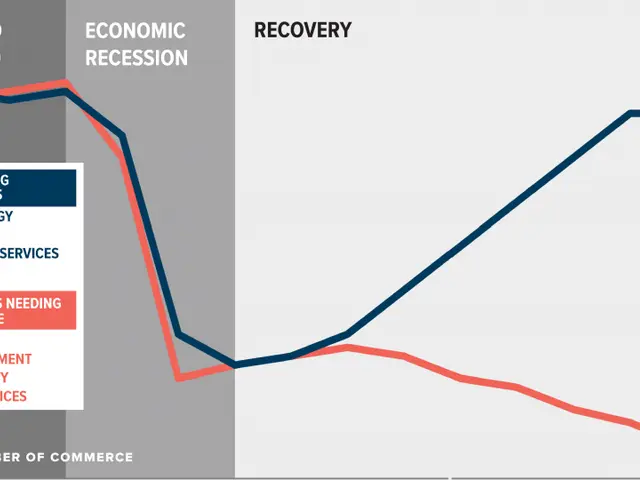Online Casinos Claim Supremacy Over Traditional Physical Venues
The history of online casinos reflects a significant evolution from traditional gambling rooted in ancient civilizations to modern digital platforms that have dramatically increased accessibility and reshaped the casino industry. Online casinos rose in popularity especially from the early 2000s onward, leveraging advances in internet technology and regulatory changes to offer virtual gambling experiences accessible globally.
A New Era of Gambling
- Gambling dates back to ancient civilizations such as Mesopotamia, China, Greece, and Rome, where games of chance were popular in social and ritual contexts, and early gaming houses existed as precursors to casinos[2].
- The first online gambling venue providing virtual casino-style games began in the late 1990s, following the widespread availability of the internet and advancements in secure online financial transactions[4].
- US online gambling legislation progressed slowly but steadily, with New Jersey passing its first online casino bill in 2011 (though initially vetoed) and eventually launching regulated online casinos and poker rooms by 2013. Other states such as Nevada and Delaware followed with legal online gambling in the early 2010s[1][4].
Convenience and Growth
- Online casinos grew rapidly by offering convenience, greater game variety, and the ability to play real money games anytime, without visiting physical casinos. This growth was supported by the rise of mobile gaming, sophisticated software, and secure payment systems.
- Platforms like FanDuel, initially focused on daily fantasy sports in the early 2010s, expanded into broader online gaming and sports betting markets, illustrating the diversification within online gambling[3].
- Public opinion shifted over time, with increasing acceptance of online gambling as regulatory frameworks were introduced to protect consumers and ensure game fairness[4].
Impact on Land-Based Casinos
- Online casinos have introduced intense competition to traditional land-based casinos by providing a convenient alternative that does not require travel or physical presence. This has slightly reduced foot traffic in some physical casinos but has also expanded the overall gambling market by attracting new players who prefer online formats[2].
- Land-based casinos in gambling hubs like Las Vegas have responded by integrating online components, offering branded online platforms, and enhancing the in-person experience with luxury resorts and entertainment to maintain attraction[5].
- Online gambling's regulatory expansion in US states has created hybrid models where online and land-based gambling coexist and sometimes share revenues or licenses, as seen in states like New Jersey and Delaware[1].
The Future of Online Casinos
- Excitement surrounds the future of the online casino industry, which is expected to include AI and other advanced technologies. These advancements could lead to more immersive gaming experiences, improved security, and personalised offerings for players[6].
- As the online casino industry continues to grow, it is poised to provide an ever-expanding array of games and experiences for players worldwide, offering a convenient and engaging alternative to traditional gambling.
[1] Online Gambling Law and Legislation in the United States, Cornell Law School Legal Information Institute. (2021). [2] The Evolution of Gambling in the United States, American Psychological Association. (2014). [3] The Rise of Online Gambling in the United States, National Council on Problem Gambling. (2018). [4] Online Gambling: A Guide for Policymakers, National Conference of State Legislatures. (2018). [5] The Impact of Online Gambling on Land-Based Casinos, University of Nevada, Las Vegas, International Gaming Institute. (2016). [6] The Future of Online Gambling: Trends and Predictions, Gambling.com. (2020).






